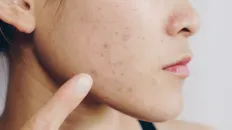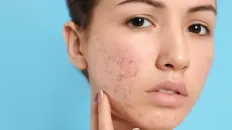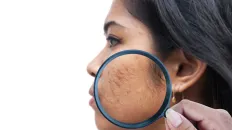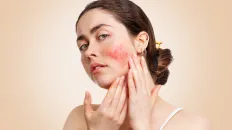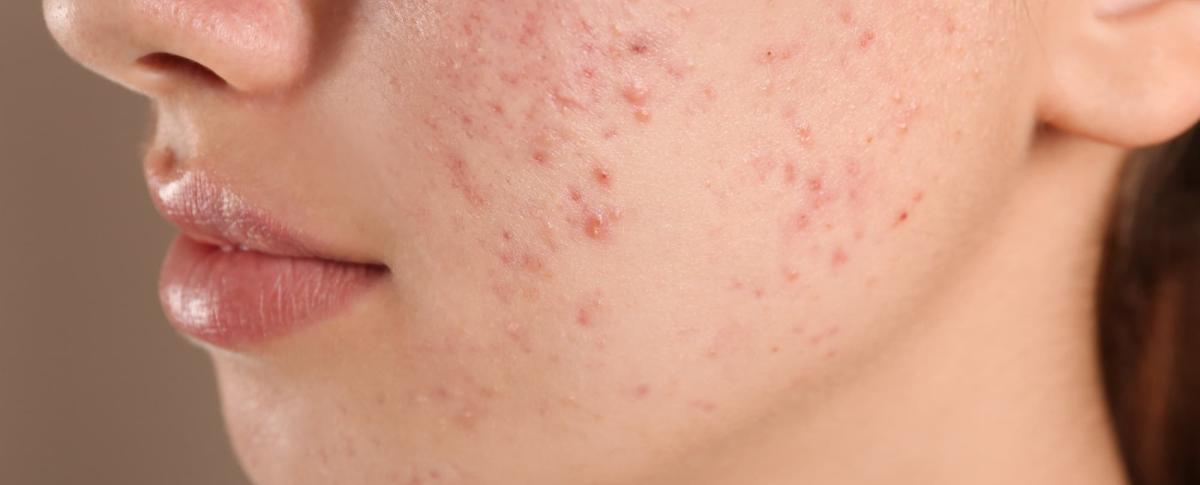
What does acne look like?
When you think about what acne looks like, a specific image probably comes to mind. But did you know that acne actually has multiple types of breakouts that all look distinct from one another? The type of breakouts your teen has may also impact what treatment a dermatologist prescribes.1
Here are the different types of acne breakouts:
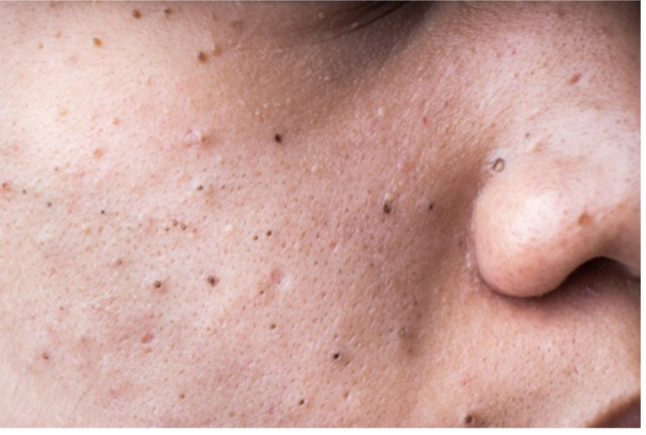
Blackheads
Blackheads are clogged pores that will appear as black bumps on the skin. Oil and skin cells become trapped in a pore, causing the pore to open. The melanin in the dead cells reacts with the air, causing the open pores to turn black. A dermatologist may refer to blackheads as “open comedones.”1,2
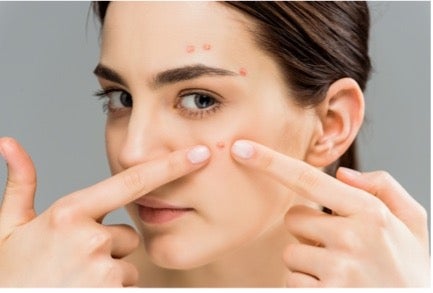
Whiteheads
Whiteheads are similar to blackheads, but the pore will remain closed and appear whitish or yellowish. You may hear your dermatologist call these “closed comedones.”1,2
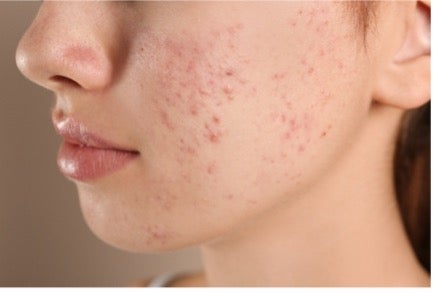
Pimples
As the oil and dead skin builds up in a pore, bacteria may start growing and multiplying in that pore. This leads to increased swelling (or inflammation), creating a pimple. A dermatologist may refer to inflamed pimples as pustules (containing pus) or papules (no pus).1,2
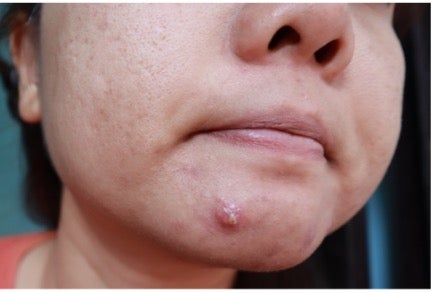
Nodules or cysts
Acne nodules or cysts feel sore or painful. These form similarly to pimples but go deeper into the skin, causing pain or discomfort. Nodules will feel harder to the touch than cysts because cysts are filled with pus. 1,2
Acne may also lead to more than just breakouts. Untreated acne, especially with nodules or cysts, may lead to permanent scarring, which may look like raised bumps or depressions in the skin.1,2 Once acne clears, it may also leave dark spots on the skin. Your dermatologist may refer to this as “postinflammatory hyperpigmentation.” While these spots may go away on their own, some may last for a year or longer.1
If you suspect your teen has acne, a board-certified dermatologist can diagnose and recommend treatment. Find a dermatologist near you.
References:
1. American Academy of Dermatology Association. Acne: signs and symptoms. Accessed June 9, 2022. https://www.aad.org/public/diseases/acne/really-acne/symptoms
2. Acne: overview. In: InformedHealth.org [Internet]. Cologne, Germany: Institute for Quality and Efficiency in Health Care (IQWiG). January 16, 2013. Updated September 26, 2019. Accessed June 9, 2022. https://www.ncbi.nlm.nih.gov/books/NBK279211
